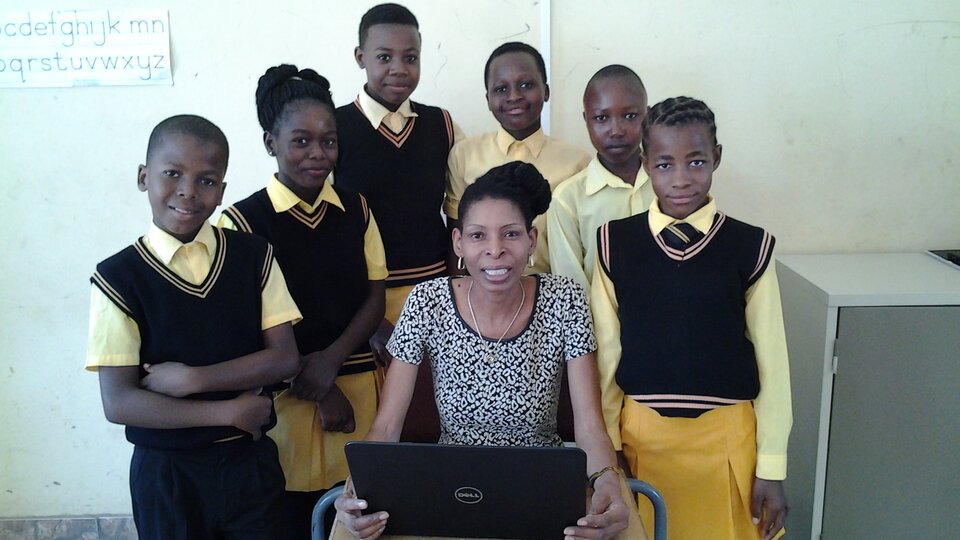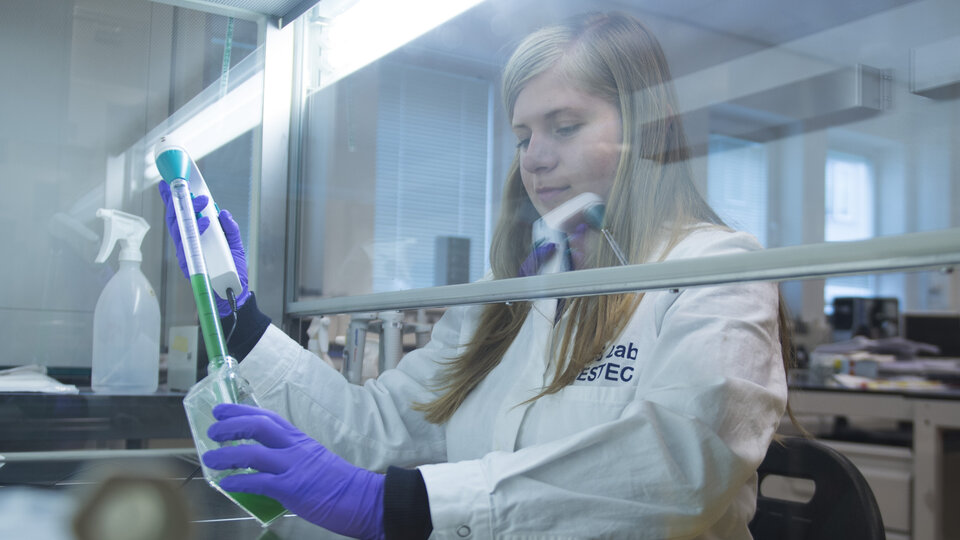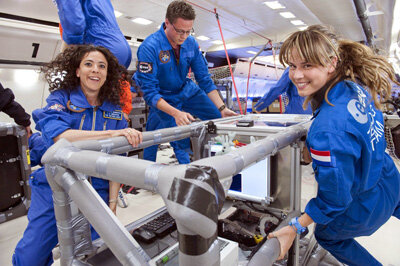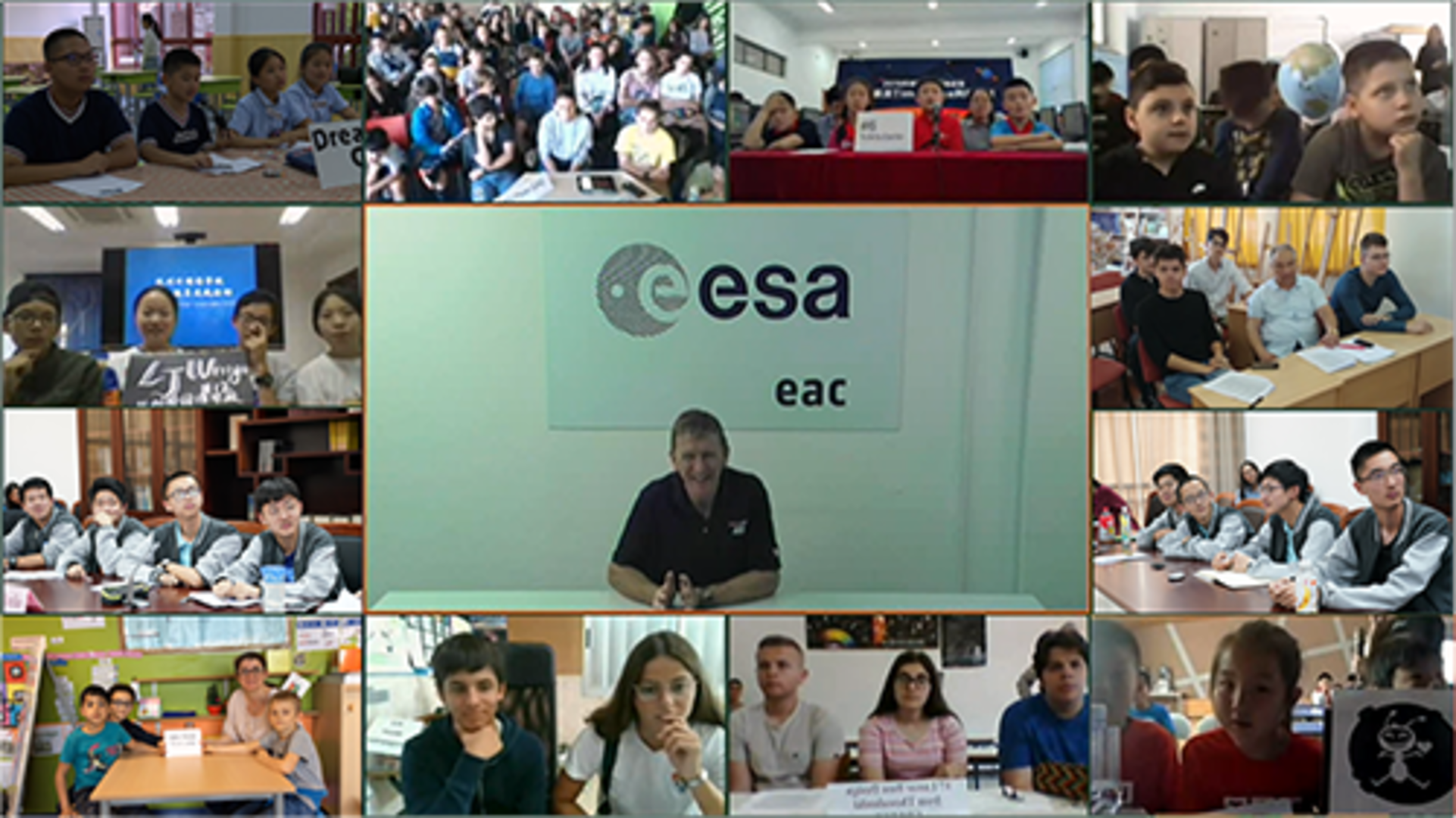World Youth Skills Day: ESA prepares young people for the future
Young people are vital to creating a sustainable world. They represent 16 percent of the global population and are the main beneficiaries of the education needed to build prosperous societies. However, people aged 15 to 24 are almost three times more likely to be unemployed than adults in other demographic groups, and many are ill-prepared to enter today’s labour market.
World Youth Skills Day is observed on 15 July to boost awareness of the competencies required for the transition to a life of work. This year, the United Nations is focusing on technical and vocational education and training to help achieve the goals set out in the 2030 Agenda for Sustainable Development by promoting employment, economic growth and sustainability. At least 475 million new jobs have to be created for young people in search of work over the next decade, according to the UN.

ESA offers its satellite imagery and technical know-how to help address the United Nations’ Sustainable Development Goals (SDGs). Quality education (SDG4) is emphasised in many ESA-managed projects, including Satellite Way for Education 2 (Sway4edu2), which aims to make rural children in South Africa, Italy and the Democratic Republic of Congo more tech-savvy and help them preserve the natural environment. Another initiative is Alcantara, which invests in the entrepreneurial and creative skills of young people, mainly from Africa, through funding for education and training in applied space research.
The Agency also demonstrates its commitment to providing career opportunities for young people through its Young Graduate Trainee (YGT) programme. Every year, ESA advertises about 100 YGT openings for candidates who have recently completed a master’s degree. The one-year contract is aimed mainly at engineers and scientists as well as graduates in information technology, the natural or social sciences, and business.

"The YGT programme is giving me valuable insights into the practical and theoretical aspects of the space domain in Europe and around the world," says Thea Flem Dethlefsen, a YGT working in procurement for ESA's Human Spaceflight, Robotic Exploration and Science directorates. "I am able to make meaningful connections with inspiring people in an interdisciplinary environment. At the same time, I can strengthen my profile as a lawyer and make an impact in relevant and exciting projects."
University graduates from Belgium, Germany, Ireland, Luxembourg, Portugal and Switzerland are also eligible to apply for 12-month positions as national trainees. These traineeships offer the opportunity to gain practical hands-on experiences at ESA in a variety of space disciplines. They are financed by national entities, with ESA playing the role of host.
Young people who are currently enrolled in the final year of their bachelor’s degree or have started a master’s have their own path to learn new skills through student internships, which run for three to six months and focus on the applicant’s nominated field of interest.

ESA also promotes skill-based learning for young people through its Education Office, which helps young Europeans aged 6 to 28 to develop and maintain an interest in science and technology through outreach initiatives and joint activities. The ESA Academy, which is part of the Agency’s education programme, aims to enhance the skills of university students from ESA Member and Associate States through hands-on space projects as well as training courses and learning opportunities
"With our Education programme, we always look ahead," says Hugo Marée, Head of ESA’s Education Office. “Our current perspective is 2030, and we are preparing for it by trying to anticipate what skills and jobs will be required by then."
All of these ESA programmes and projects serve as a springboard for young people to enter the workforce with relevant skills and experience. When they are equipped with the right tools to help build a knowledge-based society, today’s youngsters can become tomorrow’s leaders.


